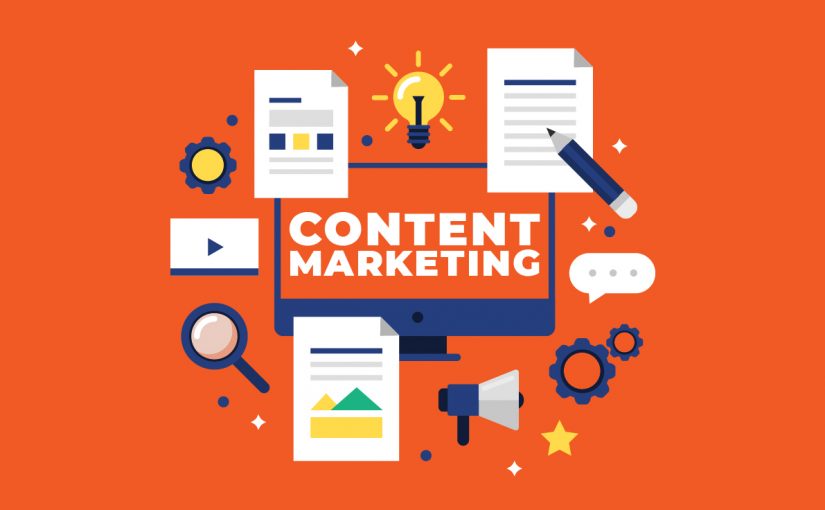Content Marketing

About Course
Content marketing is a strategic approach to creating, sharing, and promoting valuable, relevant, and consistent content to attract and engage a target audience. The ultimate goal is to drive profitable customer action, such as generating leads, increasing sales, or building brand loyalty.
Key Characteristics of Content Marketing:
- Value-Driven: It provides helpful, educational, or entertaining information that solves problems or fulfills needs.
- Non-Intrusive: Unlike traditional advertising, it focuses on earning the audience’s trust rather than pushing a product or service.
- Consistent: Regularly delivering high-quality content builds credibility and keeps the audience engaged over time.
- Targeted: Tailored to specific audience segments to ensure relevance and effectiveness.
Examples of Content Marketing:
- Blogs: Articles that educate or entertain readers, often optimized for search engines.
- Videos: Tutorials, testimonials, or explainer videos that visually engage the audience.
- Infographics: Visual representations of data or concepts to make information digestible.
- E-books and Whitepapers: In-depth resources that demonstrate expertise on a topic.
- Podcasts: Audio content that entertains or informs listeners on niche subjects.
- Social Media Posts: Short, engaging content pieces designed for platforms like Instagram, Twitter, or LinkedIn.
- Email Newsletters: Regular updates and insights delivered directly to subscribers.
Why Content Marketing is Important
- Builds Trust: High-quality content positions a brand as an authority in its field.
- Increases Visibility: Optimized content improves search engine rankings and attracts organic traffic.
- Drives Engagement: Interactive and relevant content encourages audience interaction.
- Boosts Conversions: Educated audiences are more likely to make informed purchase decisions.
- Cost-Effective: It often generates long-term results compared to paid advertising.
Course Content
Module 1: Introduction to Content Marketing
-
Module 1: Introduction to Content Marketing
Module 2: Understanding Your Audience
Module 3: Content Marketing Strategy
Module 4: Content Creation
Module 5: Content Distribution Channels
Module 6: SEO and Content Optimization
Module 7: Measuring and Analyzing Performance
Module 8: Advanced Content Marketing Techniques
Module 9: Content Marketing Tools and Resources
Module 10: Practical Application and Final Project
Student Ratings & Reviews

No Review Yet
